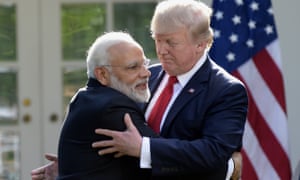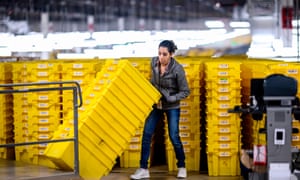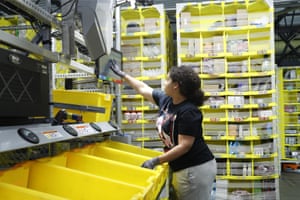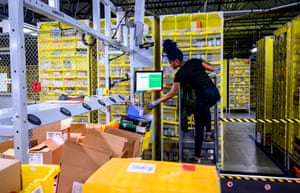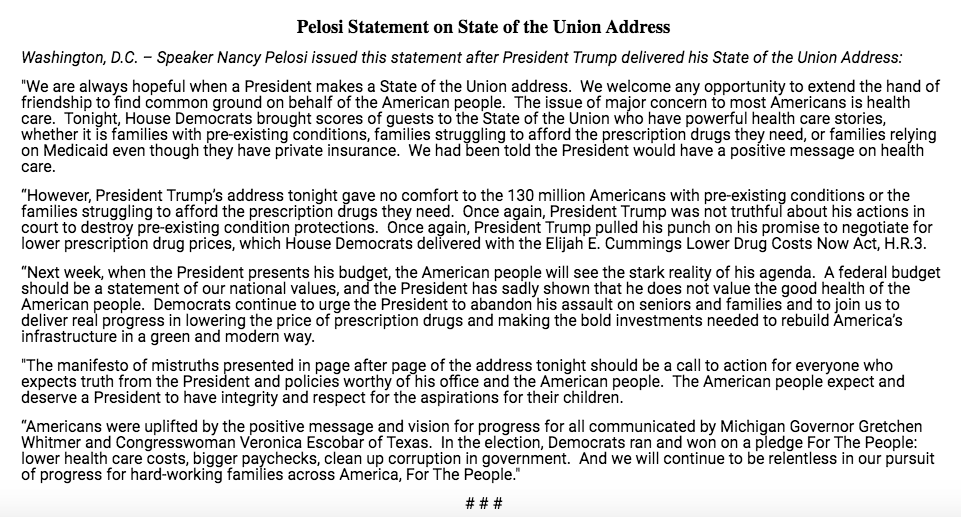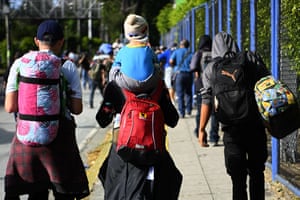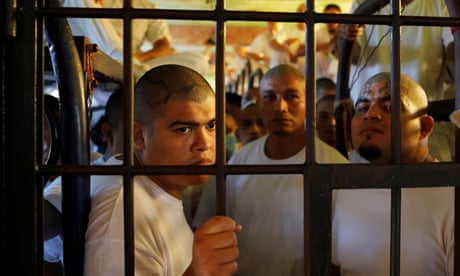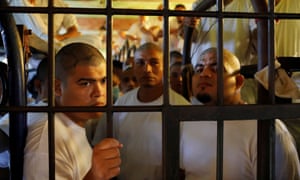From Brexit to diversity, barely a week passes without some new confected outrage making Britain seem more divided than it is
Chaminda Jayanetti Wed 5 Feb 2020
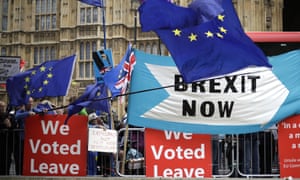
Chaminda Jayanetti Wed 5 Feb 2020

‘Barely a week passes without some new confected outrage,
followed by thinkpieces chalking it up as another battle of
leave v remain, or open v closed.’ Photograph: Matt Dunham/AP
They called the miners’ strike “a civil war without guns”. They could call Britain’s “culture war” a civil war without brains. Barely a week passes without some new confected outrage, either manufactured or amplified by online shock jocks, followed by a slew of thinkpieces chalking it up as another battle of leave v remain, or open v closed.
But this is different to the culture war that has dominated – and damaged – American politics for decades. The American culture wars weaponised the religious conservatism of tens of millions of Americans in order to hold back progressive measures such as abortion provision and gay rights – and keep delivering Republican victories.
By contrast, British politics outside Northern Ireland is freer of religious conservatism, with a broad social and political consensus in favour of gay equality that was once unthinkable. The legal right to abortion, while never secure, is not as fragile as across the Atlantic. Nobody wins votes in Britain by quoting the Bible or claiming the endorsement of God. The vast gulf between the US and UK in these areas still exists.
To be sure, there is a values divide between social liberals and “authoritarians”. This has always existed, but is growing as a driver of voter behaviour as party loyalties fade. Issues such as immigration, crime, social mores and, more recently, sovereignty cleave along this line. Occasionally politicians manage to blur the boundary – Tony Blair tacked to the centre on crime; David Cameron tacked to the centre on gay rights. Brexit aside, the issues at play are, for better or worse, regular features of political debate, even if the spectrum on which they are debated is shifting.
But what passes for a culture war in Britain is little more than a succession of fleeting furies amplified by overpaid loudmouths and circulated via social media, against a backdrop of Brexit into which they are all conveniently merged.
An example is the row about “trigger warnings” at universities. The merits and demerits of giving people notice about possibly upsetting subject matter can be debated. But by their nature these warnings have an impact only on those who choose to be impacted by them. They are, in practical terms, irrelevant to most people – they have no effect on their lives. People who vent about them, especially if they are not at university, are just whinging.
The periodic backlash against diversity in TV and film casting is another whinge – one expressed abusively at times, but at its core a whinge nonetheless. There is no “legitimate concern” at stake here; much of it is driven by racists and misogynists who suffer no impact other than to their chronic fragility.
Indeed, a consistent factor with such whinging is how delicate and sensitive the whingers show themselves to be. For all the bloviating about millennial “snowflakes”, the whingers throw their toys out of the pram at the faintest imagined provocation.
These are whingers. The culture war moniker just hands them a megaphone
The list of whinges is almost endless: people wearing the Remembrance poppy imperfectly; people speaking a foreign language on the bus; insufficient references to “Christmas” or “Easter” in seasonal marketing; straight-laced millennials; “nanny state” attacks on public health information campaigns; “snowflake” labels attached to mental health discussions; frothing about vegans.
This is whinging. These are whingers. The culture war moniker just hands them a megaphone.
The commonality here is that, in each case, the subject matter doesn’t negatively affect anyone – neither the whinger, nor anyone else. That is why this list leans towards the political right – those who criticise discrimination are targeting something that does negatively affect people. But even then, remainers whinging about an innocuously designed Brexit coin are also … well, whinging.
It is easy to miss the social consensus that does exist. The periodic professional windbag spewing forth against Greta Thunberg draws us away from the fact that most people in Britain are concerned about climate change.
The culture wars narrative ascribes the fumings of keyboard warriors to 17.4 million leave voters, most of whom won’t even be aware of the whinge du jour. Even a more widely held whinge – immigrants speaking in their mother tongue – is something most leave voters are either “not very bothered” about or “not bothered at all”.
This misrepresentation is convenient for both left and right, remainers and Brexiters. One side gets to cast all leave voters as bigoted and stupid, while the bigoted and stupid get to pretend they have 17.4m nods of agreement backing them up.
Political figures then use this conflation to claim the legitimacy of the “silent majority” for their own agendas. Britain’s political and media scene has a whole cast of frauds playing fancy dress as the allies of ex-miners from Barnsley; professional blowhards trying to get their shoutfests to go viral online; religious conservatives fantasising that Brexit might bring back the Bible; newspaper columnists chasing the validation of speaking for the masses; the entire existence of Blue Labour. Meanwhile, people in Barnsley have better things to do.
The unexciting truth is this. Britain voted to leave the EU, driven by concerns over immigration, sovereignty, and disaffection among some with the establishment. The Tories won a majority based on delivering Brexit and not being Jeremy Corbyn. Values influenced this – broad brush values that have been part of public opinion for decades. If Corbyn was seen as unpatriotic, it’s because he failed to convince voters he possessed a trait that people require from their leaders in virtually every country on earth.
People’s attitude to Brexit naturally influences their view of the process of leaving the EU. But outside that, most of the weekly storms and skirmishes that are chalked up to the culture war should instead be understood as rants by bigots and bores. Casting them as some kind of profound conflict makes British society seem more intractably divided than it is, while giving the tedious whingers a political elevation they do not merit.
• Chaminda Jayanetti is a journalist who covers politics and public services

